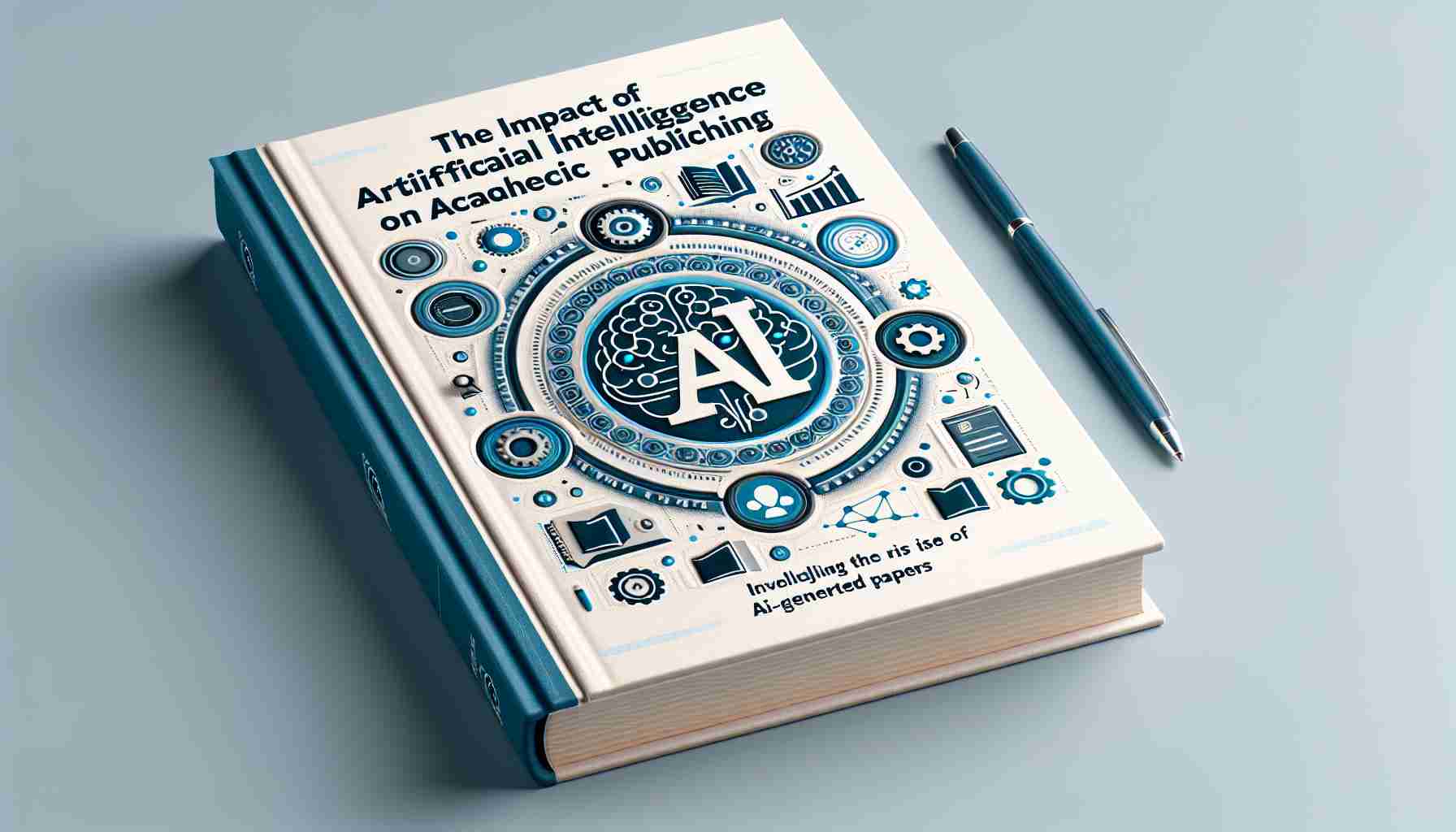Artificial intelligence (AI) has revolutionized the academic realm, ushering in an era where AI-generated papers have become a focal point of discussion. As highlighted in a recent report by 404 Media, an investigation unveiled the presence of AI-authored papers in academic literature, prompting a reevaluation of the role of AI-powered tools in academia and beyond.
The report’s analysis, conducted through a scrutiny of Google Scholar utilizing AI-favored phrases, brought to light more than 100 studies that bear the potential mark of AI involvement in their inception. This revelation not only signifies the need for a comprehensive examination of AI’s impact on academia but also underscores the challenges posed by the integration of AI into scholarly discourse.
A notable concern arises from the realization that AI-generated papers transcend the confines of obscure journals, extending their reach to esteemed publications unwittingly. This dissemination raises red flags regarding the efficacy of quality checks, admission criteria, and the prevalence of questionable practices within academic spheres, urging stakeholders to enforce stringent measures to uphold academic standards.
An illustrative case cited in the report underscores the brazenness of AI-generated content, with a submission to the reputable Surfaces and Interfaces journal bearing an introduction eerily reminiscent of an AI-crafted response. This instance sheds light on the complexities researchers encounter in distinguishing AI-manipulated material from human-generated content, further accentuating the challenge posed by AI integration.
Subsequent inquiries by Futurism have uncovered additional instances where AI played a significant role in academic composition. While some studies utilized AI as a complementary research tool or acknowledged its limitations, there remains a prevalent reliance on AI for content generation among academic circles.
The proliferation of AI-generated papers in reputable academic outlets prompts introspection into the integrity of scholarly institutions. Urgent actions are imperative to fortify existing protocols and safeguard against the erosion of intellectual honesty. A survey by Nature in 2023 revealed that around 30 percent of scientists confessed to leveraging AI tools in manuscript composition, underscoring the pervasive presence of AI in academic writing.
The discernment of AI-authored content poses a formidable challenge, as overt phrases and language patterns can serve as AI indicators, while subtler deployments of AI technology present detection hurdles. In light of the inadequacy of current detection models, the imperative for enhanced mechanisms to counter this issue cannot be overstated, preserving the sanctity of academic publishing.
In conclusion, the emergence of AI-driven content in academic realms calls for heightened scrutiny and proactive measures to navigate the evolving landscape of scholarly discourse, ensuring the preservation of academic integrity and ethical standards.
## FAQs
How are AI-generated papers identified?
AI-generated papers can be identified through specific phrases or language patterns indicative of AI involvement. However, detecting subtle uses of AI technology remains challenging, necessitating improved mechanisms for identification.
What impact do AI-generated papers have on academia?
AI-generated papers raise concerns regarding academic integrity, quality control, admission standards, and potential malpractices. Enforcing stringent guidelines and enhanced detection mechanisms is crucial to uphold the credibility of academic publishing.
How prevalent is the use of AI tools in academic writing?
A survey by Nature in 2023 revealed that approximately 30 percent of scientists utilize AI tools in manuscript writing. This underscores the significant presence of AI in academic content creation and underscores the need for robust guidelines and standards in the field.
Sources:
– Nature – Survey of Scientists
The source of the article is from the blog scimag.news
